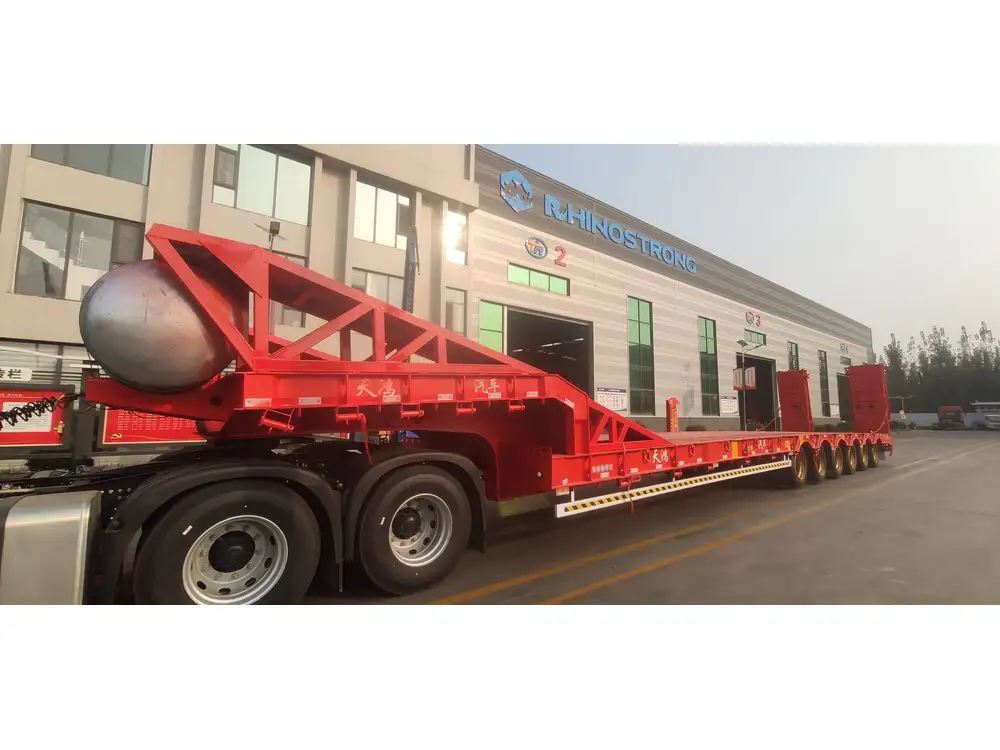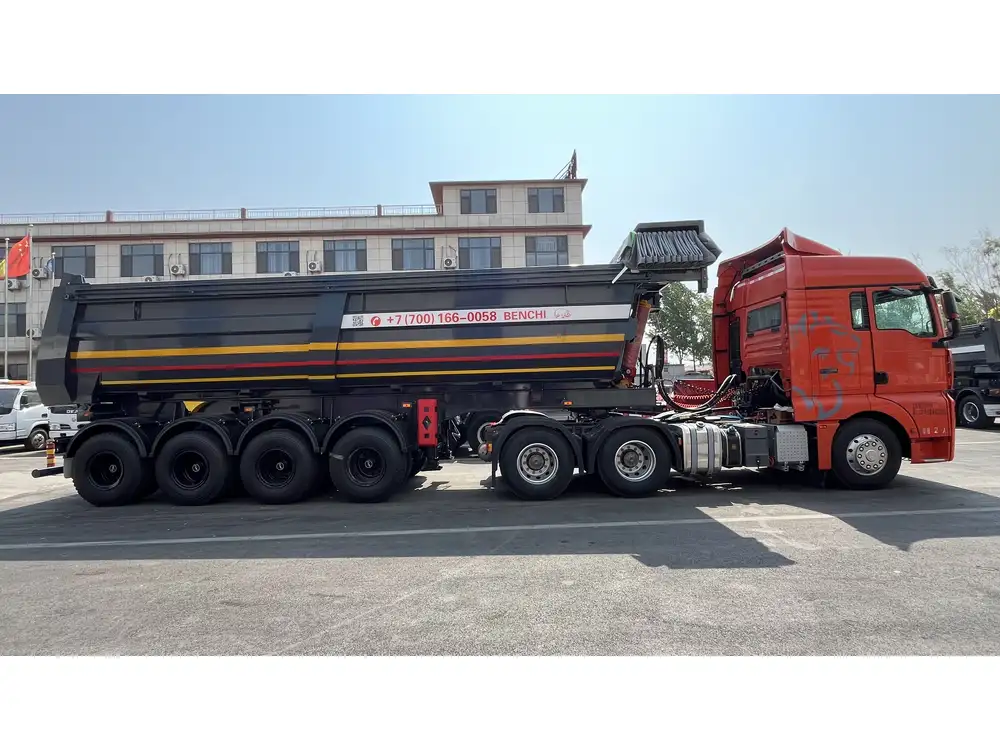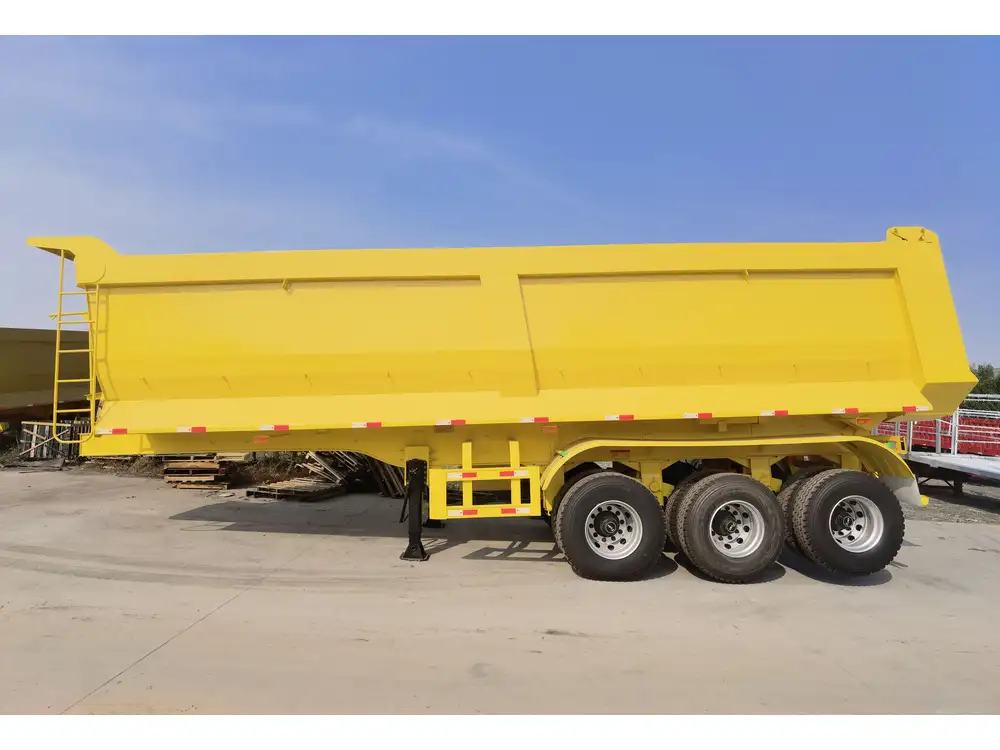As winter approaches, it becomes imperative for travel trailer owners to take the necessary precautions to protect their investments, particularly when it comes to winterizing their fresh water tank. Failure to properly prepare your trailer for cold weather can lead to costly repairs and inconveniences in the spring. This guide offers a comprehensive step-by-step process for winterizing a travel trailer’s fresh water tank, along with essential tips and tricks to ensure your trailer remains in excellent condition during the harsh winter months.
Understanding the Importance of Winterizing
Before diving into the specifics, it’s crucial to grasp the significance of winterizing your travel trailer. When the temperature drops, any water inside the fresh water tank and associated plumbing can freeze, resulting in potential burst pipes and irreparable damage. Here are some critical reasons why winterizing is a must:
| Reason | Impact |
|---|---|
| Prevent Pipe Bursting | Avoid significant repair costs due to leaks. |
| Protect Fresh Water System | Ensure a smooth transition for the next camping season. |
| Preserve Water Quality | Avoid contamination or unpleasant odors. |
| Maintain Value of the Trailer | Retain your investment’s worth over time. |
Essential Tools and Materials
Before commencing the winterization process, gather the necessary tools and materials for a smooth and efficient operation. Here’s a detailed list:
Tools
- Screwdriver
- Wrench
- Hose injector
- Funnel
Materials
- RV antifreeze (non-toxic, propylene glycol-based)
- Bucket for draining
- Water pump converter kit
- Towel or sponge for cleaning

Step-by-Step Process to Winterize Your Travel Trailer’s Fresh Water Tank
Step 1: Prepare Your Trailer
Drain the Fresh Water Tank Begin by completely draining your fresh water tank. Locate the drain valve, typically found underneath the trailer, and ensure it is open. Allow all water to flow out and use a bucket to catch excess.
Empty the Water System Next, open all faucets inside your travel trailer, allowing any residual water to run out. Don’t forget to open the hot and cold taps and the shower head. This process will release trapped air and help drain your system more thoroughly.
Step 2: Flush the System
Backflush To Remove Residue To get rid of any leftover contaminants or residue in the pipes, consider performing a backflush. This involves running a hose from the city water inlet into the fresh water tank. Flush for a couple of minutes and then let it drain completely.

Step 3: Bypass the Water Heater
Install a Bypass Kit If your model isn’t equipped with a bypass kit, consider installing one. This step is essential as it prevents antifreeze from entering the water heater, saving both time and resources. Locate the heater’s connections and follow specific instructions for your model.
Step 4: Use RV Antifreeze
Add Antifreeze to the System Using a water pump converter kit, connect to the fresh water tank and fill your system with RV antifreeze. Always opt for non-toxic options to maintain safety.
- Attach the converter to the water pump.
- Pour RV antifreeze into the funnel attached to the converter.
- Start the pump, allowing the antifreeze to flow through all faucets, including the toilet and shower.
Check for Color Changes As antifreeze travels through each faucet, verify that the liquid turns pink, indicating that the antifreeze is present.
Fill All Fixtures Make sure to run antifreeze until it comes out of every faucet. Pay special attention to:
- Kitchen sink
- Bathroom sink
- Shower
- Toilet (flush until pink antifreeze is visible)
Step 5: Seal Up Your Trailer
Close All Faucets and Drains After ensuring pink antifreeze flows through every fixture, close all faucets. Additionally, make sure your drain valves are securely shut.
Check for Air Leaks Inspect the fresh water tank and all plumbing for any signs of air leaks. Seal any gaps with appropriate insulation products.

Step 6: Store Your Trailer
Protect Against Pests Rodents and insects can find ways into your trailer if you leave it unattended for long periods. Consider using traps, repellents, or sealing methods to keep pests out.
Cover Ventilation and Openings Seal off vents and use breathable covers for parts of your trailer. This prevents moisture buildup while allowing air to flow, which is essential.
Additional Winterization Tips
Monitor Temperature Extremes If you’re not storing your trailer indoors, invest in a temperature monitoring device. This can help you keep an eye on temperature fluctuations in your trailer.
Check Tires Ensure that your trailer tires are adequately inflated and free from damage before winter storage. Tire pressure can drop significantly in cold weather.
Consider Upgrades If you often camp in areas with extreme cold, consider upgrading to heated hoses or other winter-specific travel trailer accessories designed for colder climates.
Troubleshooting Common Winterization Issues
- Frozen Lines: If you suspect any lines may have frozen, gently thaw them using a space heater or heat tape instead of applying direct heat.
- Odors in Spring: If unpleasant odors arise when you return in spring, it may indicate remaining water or residual antifreeze in the system. Run a complete flush before filling your tank with fresh water.

Final Thoughts on Winterizing Your Travel Trailer
Taking the time to properly winterize your travel trailer is an investment in both the longevity and effectiveness of your vehicle. By carefully following these comprehensive steps, you ensure that come springtime, your fresh water tank and plumbing system will be ready for new adventures.
Recap of Key Steps
| Step | Description |
|---|---|
| Prepare the Trailer | Drain the fresh water tank and water system |
| Flush the System | Remove contaminants from pipes |
| Bypass the Water Heater | Prevent antifreeze from filling the heater |
| Add RV Antifreeze | Fill the system with non-toxic antifreeze |
| Seal Up the Trailer | Secure all openings and valves |
| Store Carefully | Protect against pests and check tires |
Embrace the winter season worry-free, knowing full well that your travel trailer is secure and ready for your next escapade! Your meticulous efforts in winterizing will pay off, ensuring countless adventures lead the way to summer bliss.



